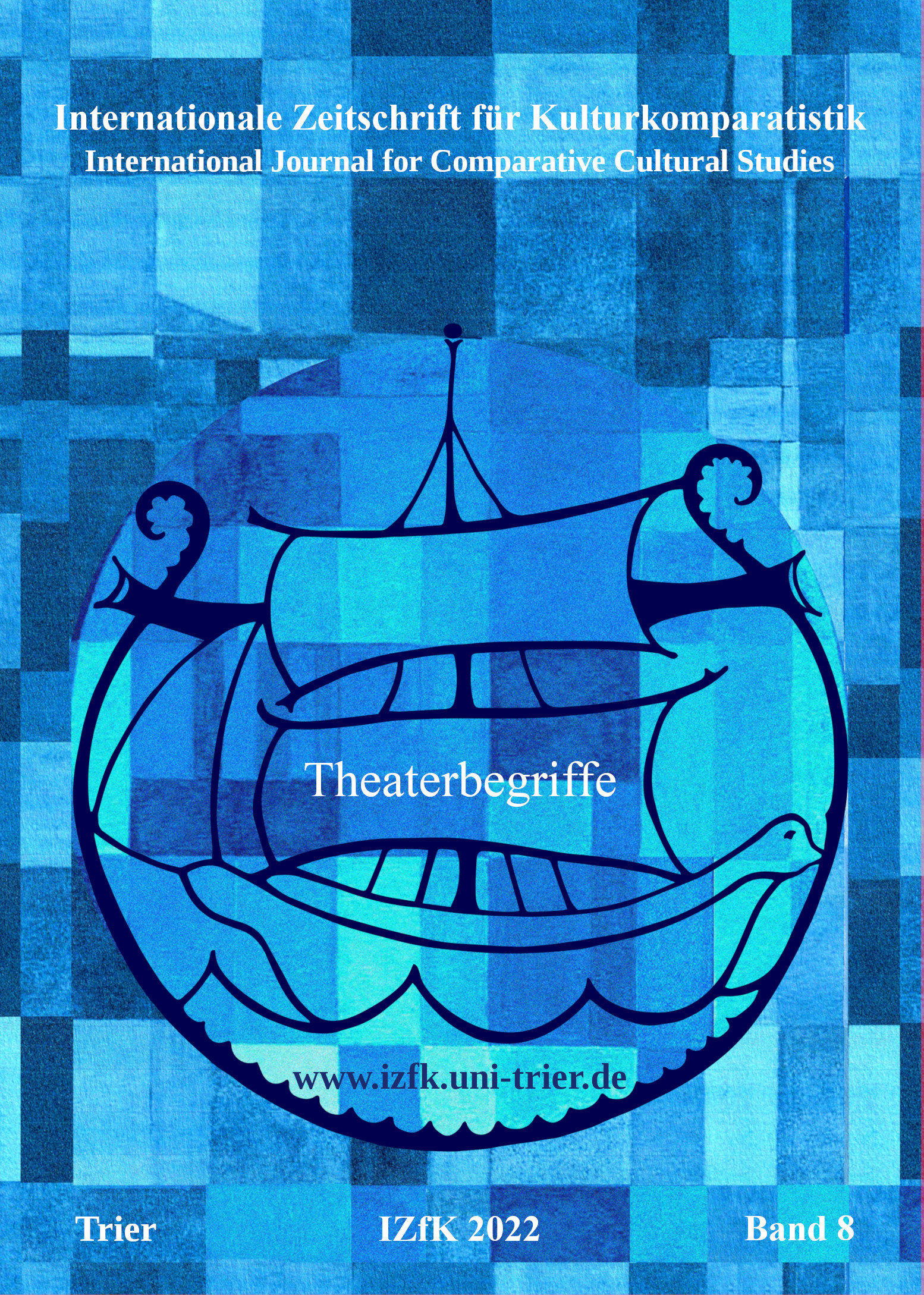Vom Drama zum Skript
Hauptsächlicher Artikelinhalt
Abstract
Since Susanne Kennedy appeared with her first production in German spoken theater in 2013, she has disturbed and thrilled the audience with her team: her works established a theater that practically dismisses the idea of a universal, generalizable human being. Not only did Kennedy write a significant piece of the latest theater history, but her work also looks back and sheds a light on the entire history of theater, making us perceive it in a different way. It illustrates a paradigm shift that can be reduced to the formula: from drama to script. At the same time, and in connection with this aspect of her work, her theater project suggests the attempt at a different archeology of the present, taking a step aside from all previous theater historiography and looking at a whole tradition of resistance by the women of theater, to which she is productively linked. Such is the case, for example, of Marieluise Fleißer, whose text „Fegefeuer in Ingolstadt“(Purgatory in Ingolstadt), first appeared on stage after having been renamed, directed, sponsored, curated, edited, and staged by men. On the other hand, with Fleißer’s entry into dramatic poetry, one can observe a transition to a practice of writing and staging that is no longer based on the idealized assumption that one is dealing with the text of a lonely, ingenious author. Rather, the drama is replaced by a polyphonic script that can be recognized from the very beginning. From Fleißer and Gertrude Stein to Ginka Steinwachs, Elfriede Jelinek, and Sarah Kane, this other form of writing will be transferred into a practice of piece-writing that is far away from the male-dominated dramatic production.

